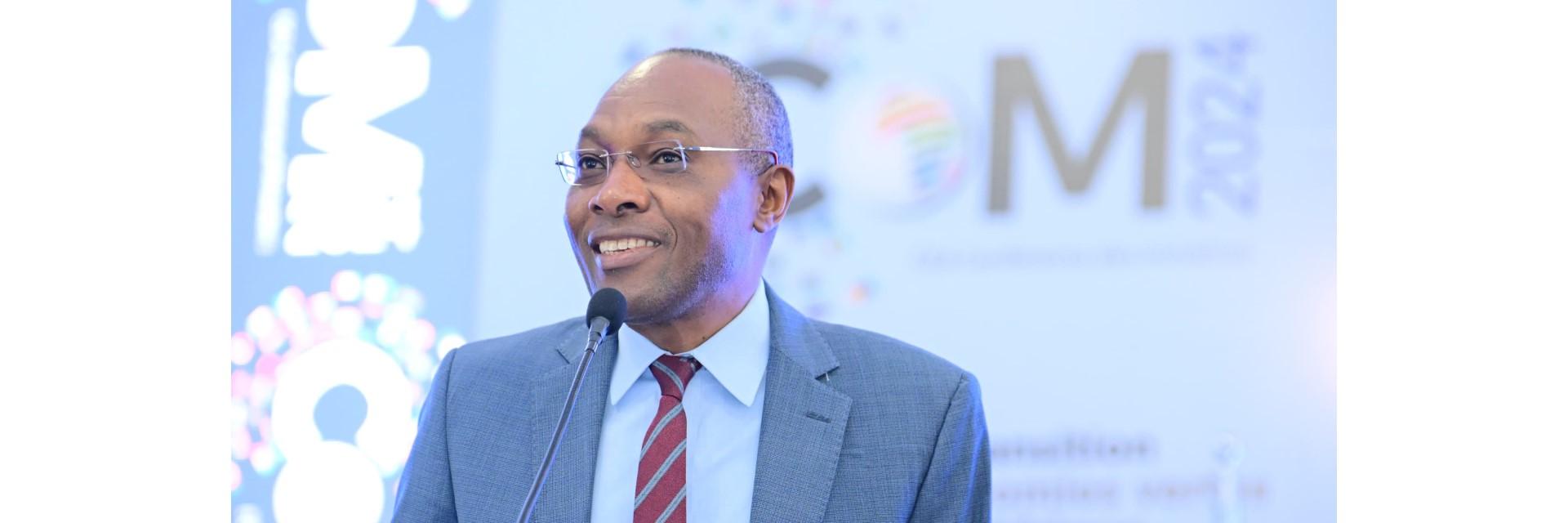
Our Projects are
Transforming African Trade
Quick Contacts
2nd Floor, Fidelity Insurance Centre Waiyaki Way, Westlands

The African share of global trade remained at less than 3%, driven largely by merchandise trade, an indicator that African countries continue to trade with the rest of the world more than among themselves, according to a new report on Assessment of progress on regional integration in Africa by the Economic Commission for Africa (ECA).
The report was presented recently by Stephen Karingi, ECA Director, Regional Integration and Trade Division to experts. The report shows Africa’s regional integration agenda is progressing, albeit slowly. Furthermore, despite progress in monetary and financial integration, member states have not met the macroeconomic convergence criteria.
In addition, infrastructure development through the Programme for Infrastructure Development in Africa achieved mixed results. While roads and ICT advanced, rail transport and energy infrastructure progressed little. Infrastructure financing remains a challenge. Progress in other areas crucial to the success of the Agreement Establishing the African Continental Free Trade Area, such as the ratification of the Protocol to the Treaty Establishing the African Economic Community relating to Free Movement of Persons, Right of Residence and Right of Establishment, and fostering peace, good governance and security, has been less encouraging.
“The rising number of unconstitutional changes of Government highlights the ongoing challenges afflicting African countries, including weak governance, persistent poverty and limited employment opportunities,” said Mr. Karingi adding that the second 10-year implementation plan of Agenda 2063 will need to address those challenges directly. “States should continue to take the necessary measures to ensure that the regulatory environment is conducive to the mobilization of sustainable financing of infrastructure by the private sector,” he added.
Read original article
Disclaimer: The views and opinions expressed in this article are those of the authors and do not necessarily reflect the official policy or position of TradeMark Africa.